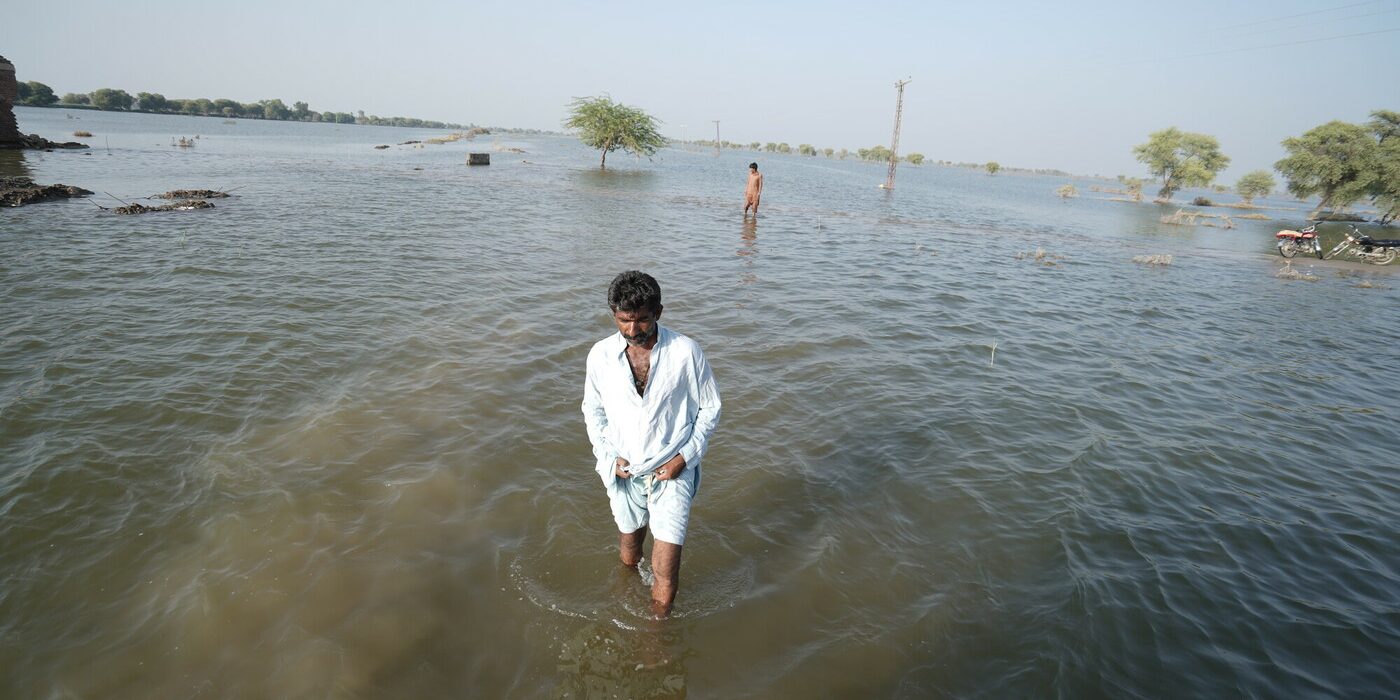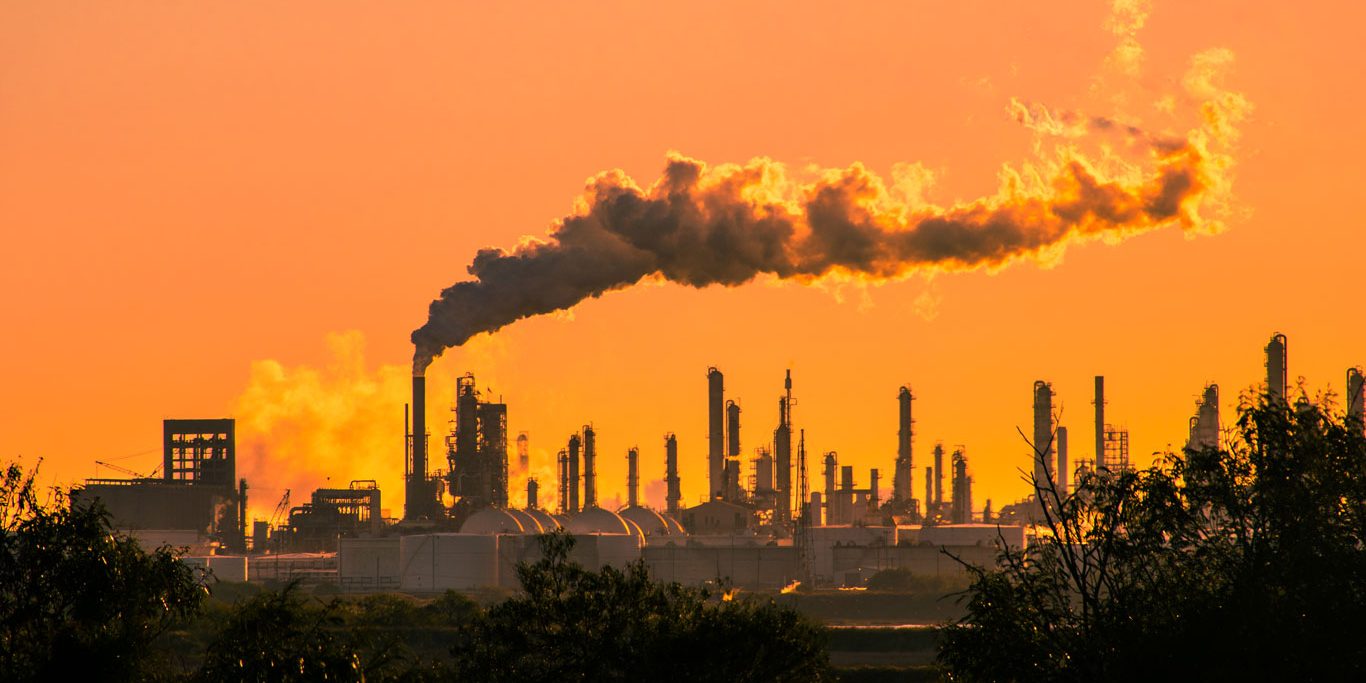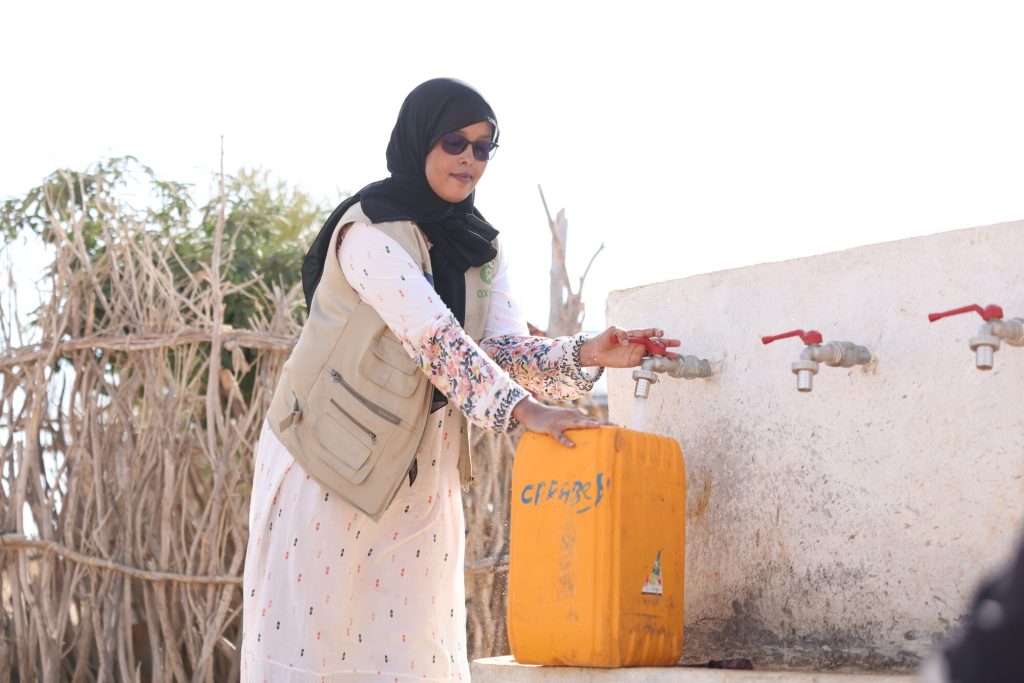Let’s Stop Letting Rich Climate Polluters Off the Hook
One of the cruelest ironies about climate change is that the people hit hardest live in communities and countries that have done the least to cause the problem.
And yet the richest polluters on the planet—beginning with the fossil fuel companies that account for the lion’s share of the world’s carbon pollution—are being let off the hook for the environmental devastation and day-to-day human suffering they’ve caused.
We’re all affected by the climate emergency, and we can all take action to get it under control. But richer countries, communities and households consume far more than their fair share of the Earth’s resources. And multi-billion-dollar businesses—including Canadian oil sands companies like Suncor Energy, Cenovus Energy, Imperial Oil and Canadian Natural Resources Ltd.—are raking in obscene, record profits while communities bake, drown, burn, choke on wildfire smoke or go hungry.
It isn’t fair. And it doesn’t have to be this way. Together, we can build a world of equality, not poverty. A more equal world where vulnerable people get the power and resources they need to survive climate change, and we all get to build a better, more sustainable future for generations to come.
Winners and Losers

The world’s wealthiest countries and biggest fossil fuel producers generally have the highest per capita emissions of greenhouse gases that cause climate change: Fossil gas-rich Qatar leads the world at 35.6 tonnes per person per year, Saudi Arabia places eighth with 18.7 tonnes, Australia 10th with 15.1 tonnes the United States 12th at 14.9, and Canada 15th with 14.3 tonnes per person.
But those numbers don’t tell the whole story. The world’s richest countries built their wealth and standard of living with industries powered by fossil fuels. And those emissions are still warming the planet today.
By far the biggest historical emitter is the United States, responsible for nearly a quarter of the world’s carbon pollution between 1750 and 2021, followed by China, Russia, Germany and the United Kingdom. Canada places ninth on the list, with about 2% of the total.
That means countries in Africa, Asia and South and Central America are most vulnerable to a devastating climate emergency they did next to nothing to cause. Across the global South, and in rich countries like Canada, women, racialized and Indigenous communities, poor people and other structurally disadvantaged groups are hurt first and worst by heat waves, air pollution, severe storms and rising food prices. All of those risks to life, livelihoods and health are either triggered or made worse by climate change.
This painful colonial history is always the backdrop to the slow, grinding negotiations at the annual United Nations climate change conference, coming up this year in Dubai, United Arab Emirates, from November 30 to December 12. It will be chaired by the CEO of that country’s national oil company.
Make Polluters Pay

The solution to climate inequality—making polluters pay—is simple, obvious, and complicated.
It’s simple and obvious for anyone who ever learned in kindergarten that we’re supposed to clean up our own messes. Big Oil more than doubled its profits last year, to US$219 billion, yet rich countries say they don’t know where to find the $100 billion per year they promised to fund climate action in developing nations. Canada’s five biggest oil and gas companies took in C$38.3 billion, a 121% increase over 2021.
It gets more complicated when fossil fuel companies invest their profits to pollute policy-making and undercut democracy, spending billions of dollars to delay climate action.As recently as May, 2023, Environmental Defence Canada’s Lobby Bot tracked 146 meetings between fossil fuel lobbyists and federal government officials—more than six for every day in the office.
The antidote? People power.
- We can lobby our federal, provincial, and local politicians for a tougher response to the climate crisis. (Even if none of us have time to visit them six times a day.)
- We can demand new taxes to make polluters pay their fair share, as Oxfam is doing in Canada and internationally, and new regulations to curtail their carbon pollution.
- We can support a fair international finance deal at this year’s UN climate conference, COP 28, so that the governments, corporations and individuals most responsible for causing the climate crisis foot the bill.
- And we can all work to lift up the voices of women and other groups that aren’t heard often or loudly enough in climate policy so that we all have a say in driving down emissions and building an equitable future for all.
Visit our Climate Justice page to find three ways to take action today.

